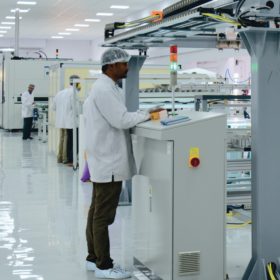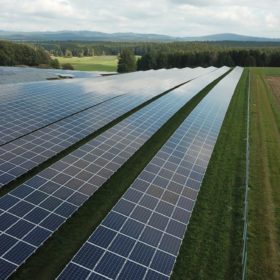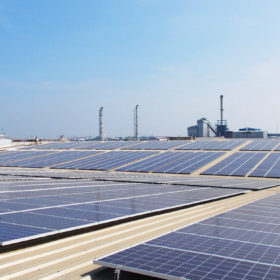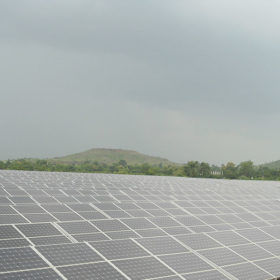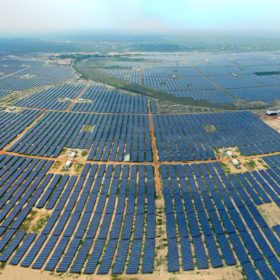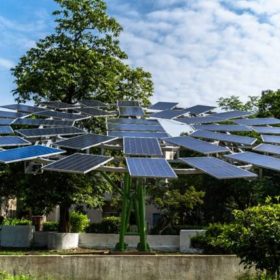The long read: Storage … ready?
The story of residential rooftop solar is one of liberation. Confronted with high module prices, early PV adopters experienced significantly longer payback periods – it was not unheard of for homeowners to be making monthly finance payments higher than their utility bills. But consumers were motivated, seeking independence from the stranglehold that electricity providers had on them with ever-increasing utility rates.
India’s solar future: Domestic first, international second
The International Solar Alliance signals India’s hope to be a global competitor in emerging technologies and cement its place as an institution builder. But how does India’s vision translate into domestic policy? Has India led by example?
Macquarie selects Prescinto’s IIOT platform to oversee Indian solar assets
The Australia-based global investor—which has over 408 MW of operational solar fleet in India—will use the cloud-based, hardware-agnostic platform to gain insights in real time and improve its 21 solar projects’ performance.
UK’s WiseEnergy bags deal to manage 550MWp Indian solar assets
WiseEnergy will provide asset management services for the four solar plants in Madhya Pradesh and Andhra Pradesh that UK-based equity investor Actis acquired from Indian developer Acme Solar recently.
Tata Power to set up India’s largest solar carport for Tata Motors
The 6.2 MWp ‘carport style’ solar plant at Tata Motors’ Chikhali plant in the Pune district will use 12,896 monocrystalline panels rated 485 Wp each and cover an area of 40,000 sq.m.
NTPC seeks to enlist solar project developers and EPC contractors
The state-run power producer has invited solar developers and EPC contractors to enlist for developing its grid-connected floating/ground-mounted solar projects. Applications can be submitted until September 16.
RattanIndia sells 306 MW solar assets to GIP
The coal-fired power generator is exploring new avenues of business with thrust on sectors that do not require huge amount of debt and are focused on new technologies. It has decided to participate in coal block auction process with a view to profitably mine and sell coal commercially.
Adani now the world’s largest solar power developer
India’s largest private-sector thermal power producer—which ranked as the sixth-largest solar player globally in 2019—has climbed to the top spot following a Solar Energy Corporation of India (Seci) award to develop 8 GW of Indian solar project capacity.
CSIR-CMERI installs world’s largest solar tree
The Internet of Things (IOT)-enabled solar tree—using 35 solar PV panels with a 330 Wp capacity each—is especially useful for the agricultural community in providing electricity for high-capacity water pumps, e-tractors and e-power tillers. It can also allow precision agriculture through IoT-enabled features such as real-time humidity, wind speed, rainfall prediction, and soil health monitoring.
Indian Railways solarises 960 Stations, 198 MW rooftop PV for another 550 under execution
The nation’s largest electricity consumer is working towards installing 500 MW of rooftop solar generation capacity by 2021-22. Besides, it aims to establish an aggregate 20 GW ground-mount solar capacity by 2030, which shall come up over 51,000 hectares of its trackside vacant land.

